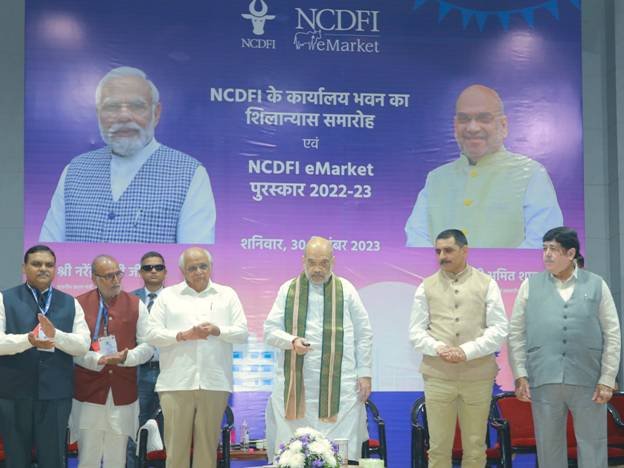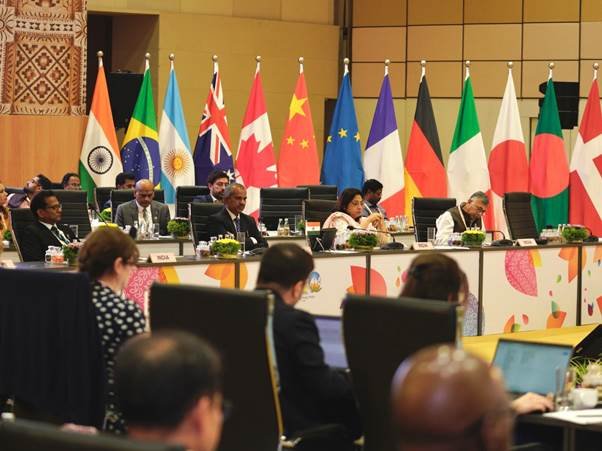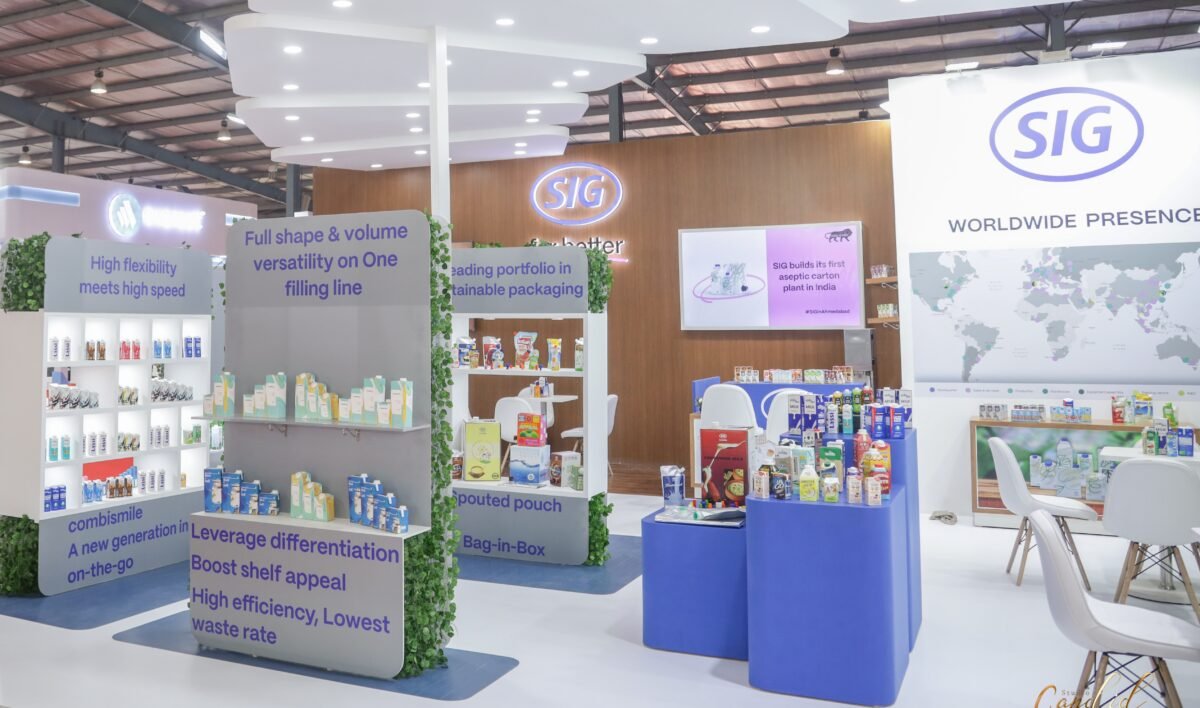Shah lays foundation stone of NCDFI building in Gandhinagar
The new headquarters building will be a 100 per cent green building
Amit Shah, Union Home Minister and Minister of Cooperation laid the foundation stone of the headquarters of National Cooperative Dairy Federation of India (NCDFI) Limited in Gandhinagar, Gujarat and addressed the e-Market Awards 2023 ceremony. Many dignitaries including Gujarat Chief Minister Bhupendra Patel, Gujarat Legislative Assembly Speaker Shankar Choudhary, IFFCO Chairman Dilip Sanghani, NDDB Chairman Dr Meenesh Shah and NCDFI Chairman Dr Mangal Rai were present on the occasion.
In his address, Amit Shah said that the dairy and especially the cooperative dairy sector in our country has achieved multi-dimensional goals. He said that if the cooperative sector does not do milk trading, then milk production remains limited to a middleman and the milk user. But suppose the cooperative sector cooperatively trades milk. In that case, many dimensions are integrated into it, because the aim is not to make profit only and it has multidimensional benefits to the society, agriculture, villages, milk producers and ultimately the country. He said India has experienced this success story in the last 50 years.
The Minister of Cooperation said that today India has reached first place in the world’s milk production with a 24 per cent share. He said that if a cooperative dairy is to be run, then many institutions will have to be formed to nurture it and NCDFI will do this work. In a way, NCDFI is doing the work of guiding all dairies. Shah said that White Revolution started in the village ‘Vasi’ and now the headquarters of NCDFI is going to be built in the same Anand district in an area of about 7000 square meters. It will be built at an expense of about Rs 32 crore and will be operated through a solar power plant. He said that the new headquarters building will be a 100 per cent green building.
The new headquarters building will be a





